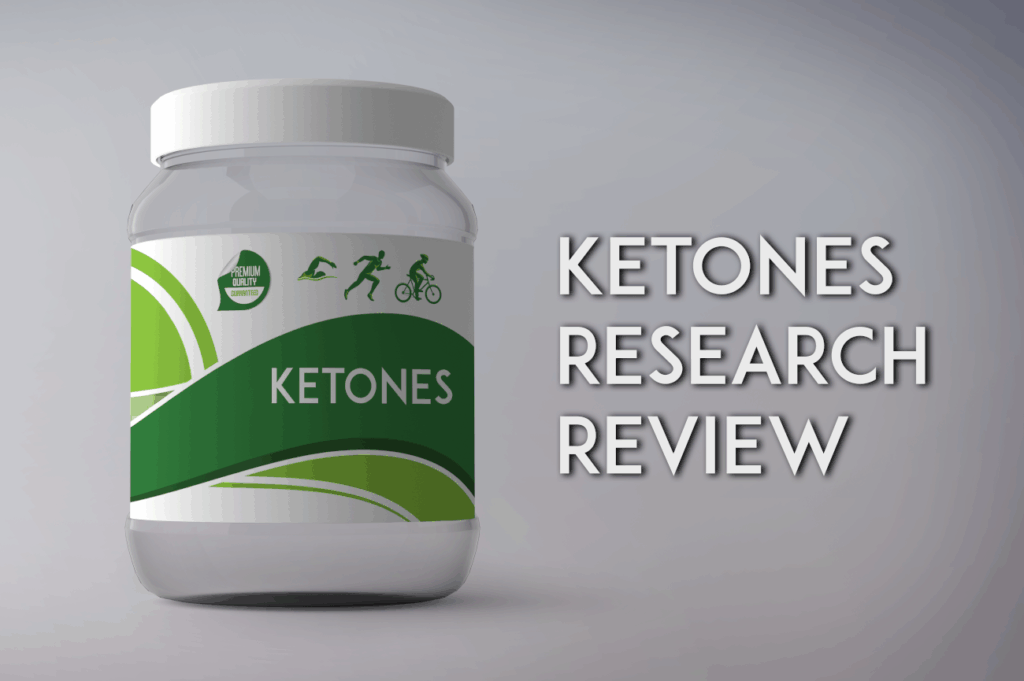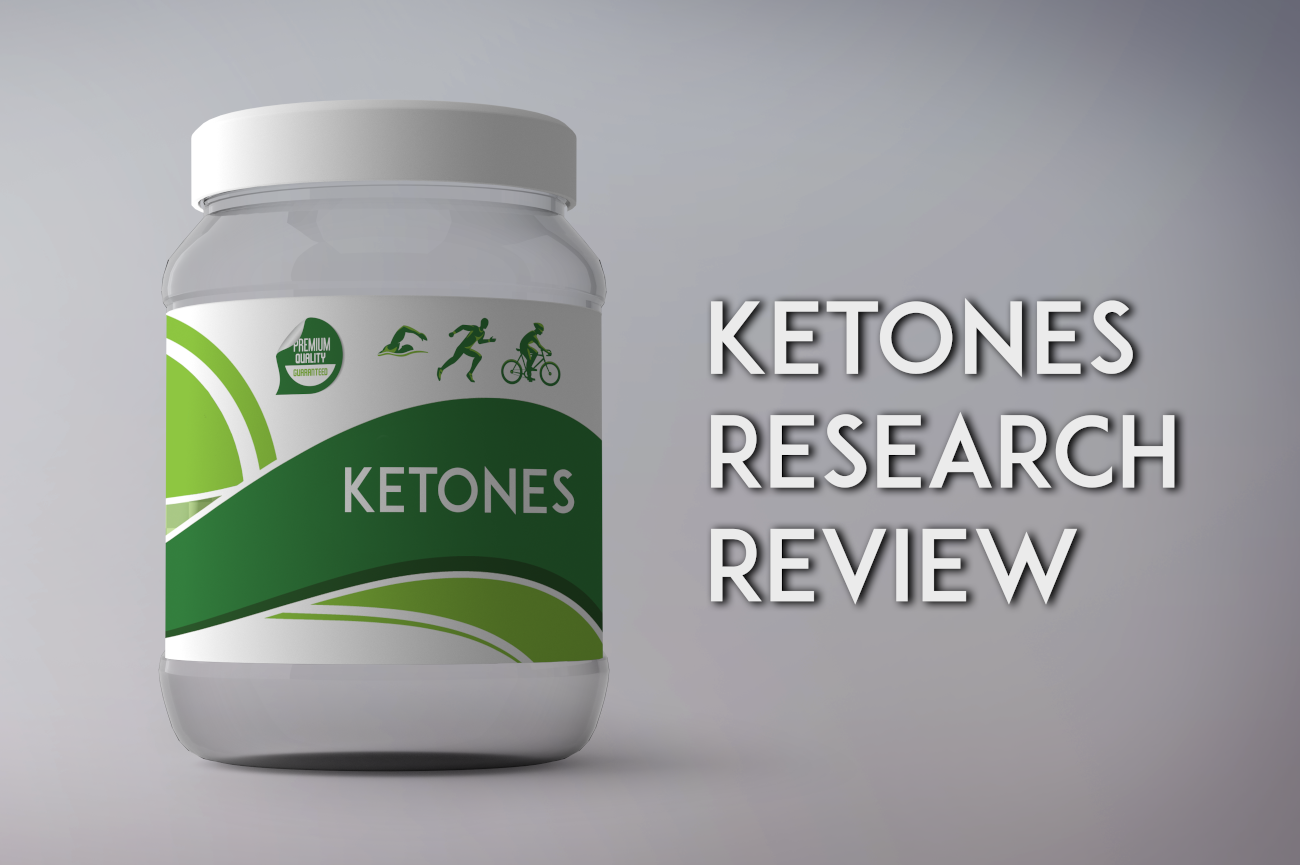
Ketones Supplements: Are They the Right Choice for You?
The world of dietary supplements is constantly evolving, with new products and trends emerging regularly. Among the more recent developments are ketones supplements, which have gained popularity for their potential to support weight loss, enhance athletic performance, and improve cognitive function. But what exactly are ketones supplements, and are they right for you? This article will delve into the science behind ketones supplements, explore their potential benefits and risks, and provide you with the information you need to make an informed decision.
What are Ketones and Ketosis?
To understand ketones supplements, it’s crucial to grasp the concept of ketones and ketosis. Ketones are chemicals that your body makes when it doesn’t have enough glucose (sugar) to fuel your cells. This often happens when you are on a very low-carbohydrate diet, also known as a ketogenic diet.
During ketosis, your body switches from primarily using glucose for energy to using fat. When fat is broken down, it produces ketones, which then become an alternative fuel source for the brain, muscles, and other tissues. The three main types of ketones are:
- Acetone: The least abundant ketone body, often exhaled as a byproduct.
- Acetoacetate: The first ketone body produced during ketosis.
- Beta-hydroxybutyrate (BHB): The most abundant ketone body in the blood during ketosis and the primary ketone used in ketones supplements.
Types of Ketones Supplements
Ketones supplements come in various forms, but the two most common are:
Exogenous Ketones
Exogenous ketones are ketones that come from an external source, such as a supplement. These supplements typically contain BHB and are available in two main forms:
- Ketone Salts: These are BHB bound to a mineral, such as sodium, potassium, or magnesium. They are often available in powder form and mixed with water.
- Ketone Esters: These are BHB bound to an ester. They are generally more effective at raising blood ketone levels than ketone salts but often have a strong, unpleasant taste.
Endogenous Ketones
Endogenous ketones are ketones produced by your body, primarily in the liver. These are generated when your body is in a state of ketosis, usually achieved through a ketogenic diet or fasting. Ketones supplements aim to mimic or enhance this natural process.
Potential Benefits of Ketones Supplements
Ketones supplements have been marketed for various potential benefits. However, it’s important to note that research is still ongoing, and many of these claims require further investigation. Some of the purported benefits include:
Weight Loss
One of the primary reasons people use ketones supplements is for weight loss. The theory is that by increasing ketone levels, the body will more readily burn fat for fuel. Some studies have shown that ketones supplements can help suppress appetite and increase fat oxidation, potentially leading to weight loss. However, these effects are often modest and may not be sustainable without dietary changes.
Enhanced Athletic Performance
Ketones supplements are also popular among athletes, who believe they can improve endurance and performance. Ketones can provide an alternative fuel source for muscles, potentially sparing glycogen stores and delaying fatigue. Some research suggests that ketones supplements may improve endurance performance in certain types of exercise, but more studies are needed to confirm these findings. [See also: The Role of Electrolytes in Athletic Performance]
Improved Cognitive Function
Ketones are known to cross the blood-brain barrier and can provide an alternative fuel source for the brain. This has led to the suggestion that ketones supplements may improve cognitive function, particularly in individuals with cognitive impairment. Some studies have shown that ketones can enhance memory and focus in certain populations, but more research is needed to fully understand these effects.
Blood Sugar Control
Ketones supplements might play a role in regulating blood sugar levels. By providing an alternative energy source that doesn’t rely on glucose, they could potentially help stabilize blood sugar, which can be beneficial for individuals with diabetes or insulin resistance. However, further research is needed to determine the extent of this benefit and how best to use ketones supplements for blood sugar control.
Potential Risks and Side Effects
While ketones supplements may offer some potential benefits, it’s essential to be aware of the potential risks and side effects. Some of the common side effects include:
- Gastrointestinal Distress: Ketones supplements, particularly ketone salts, can cause digestive issues such as nausea, bloating, diarrhea, and stomach pain.
- Electrolyte Imbalance: Ketones can have a diuretic effect, leading to increased excretion of electrolytes such as sodium, potassium, and magnesium. This can result in electrolyte imbalances, which can cause muscle cramps, fatigue, and other symptoms.
- Bad Breath: The increased production of acetone can lead to bad breath, sometimes referred to as “ketone breath.”
- Hypoglycemia: In individuals who are not following a ketogenic diet, ketones supplements can potentially lower blood sugar levels too much, leading to hypoglycemia.
- Unknown Long-Term Effects: The long-term effects of ketones supplements are not yet well understood, and more research is needed to assess their safety over extended periods.
Who Should Consider Ketones Supplements?
Ketones supplements may be considered by individuals who are:
- Following a Ketogenic Diet: Ketones supplements can help individuals transition into ketosis more quickly and alleviate some of the symptoms of the “keto flu,” such as fatigue and headaches.
- Seeking Enhanced Athletic Performance: Athletes may use ketones supplements to improve endurance and delay fatigue during intense exercise.
- Exploring Cognitive Benefits: Some individuals may use ketones supplements to potentially improve cognitive function, particularly if they have cognitive impairment.
Who Should Avoid Ketones Supplements?
Ketones supplements may not be suitable for everyone. Individuals who should avoid them include:
- Pregnant or Breastfeeding Women: There is limited research on the safety of ketones supplements during pregnancy and breastfeeding, so it’s best to avoid them.
- Individuals with Kidney or Liver Problems: Ketones supplements can put additional stress on the kidneys and liver, so they should be avoided by individuals with pre-existing conditions.
- Individuals with Type 1 Diabetes: Ketones supplements can potentially lead to diabetic ketoacidosis, a dangerous condition that can be life-threatening.
- Individuals with Certain Medical Conditions: Individuals with any underlying medical conditions should consult with their healthcare provider before using ketones supplements.
How to Use Ketones Supplements Safely
If you decide to try ketones supplements, it’s essential to use them safely. Here are some tips:
- Consult with Your Healthcare Provider: Before starting any new supplement, it’s crucial to talk to your healthcare provider to ensure it’s safe for you and won’t interact with any medications you’re taking.
- Start with a Low Dose: Begin with a low dose of ketones supplements and gradually increase it as tolerated. This can help minimize the risk of side effects.
- Stay Hydrated: Drink plenty of water to help prevent dehydration and electrolyte imbalances.
- Monitor Your Electrolyte Levels: Pay attention to your electrolyte intake and consider supplementing with electrolytes such as sodium, potassium, and magnesium if needed.
- Be Aware of Side Effects: Monitor yourself for any side effects and discontinue use if you experience any adverse reactions.
- Purchase from Reputable Brands: Choose ketones supplements from reputable brands that have been third-party tested for purity and potency.
The Bottom Line
Ketones supplements have gained popularity for their potential benefits in weight loss, athletic performance, and cognitive function. However, it’s important to approach them with caution and be aware of the potential risks and side effects. Research is still ongoing, and many of the claims surrounding ketones supplements require further investigation.
If you’re considering using ketones supplements, it’s essential to consult with your healthcare provider to determine if they are right for you. They can help you assess the potential benefits and risks based on your individual health status and provide guidance on how to use them safely. Remember, ketones supplements are not a magic bullet and should be used in conjunction with a healthy diet and lifestyle.
Ultimately, the decision of whether or not to use ketones supplements is a personal one. By understanding the science behind them, being aware of the potential benefits and risks, and consulting with your healthcare provider, you can make an informed decision that’s right for you. [See also: Understanding the Ketogenic Diet: A Comprehensive Guide]

